NBS chief urges "alternative public debt plan"
Dejan Šoškić says the country should start "seriously drafting alternative plans in case it is forced to finance its public debt under less favorable terms".
Thursday, 24.11.2011.
13:52

Dejan Soskic says the country should start "seriously drafting alternative plans in case it is forced to finance its public debt under less favorable terms". This could take place due to the public debt crisis in EU member countries, the National Bank of Serbia (NBS) governor told a meeting of the Serbian Chamber of Commerce (PKS) Assembly. NBS chief urges "alternative public debt plan" Soskic noted that Germany had sold only two thirds of the the bonds it uses to finance its public debt on the international market, which is a very serious signal that the financing of public debt in Europe, Serbia included, is "being brought into question." "The situation in which the country with the best credit in Europe has trouble selling the bonds it uses to finance public debt, tells us everyone needs to prepare for this kind of crisis," the governor pointed out. Soskic also said today that banks had enough money to finance the economy and it was not necessary to lower reserve requirements, particularly because there was no guarantee that the funds so released would go to crediting development projects. The central bank chief pointed out that there was enough money in banks' accounts, adding that the NBS had no right to tell banks to lend to enterprises, because the banks were free and market-oriented. The governor also said that lowering reserve requirements on foreign sources of finance had sent a message to banks to continue funding themselves in a manner involving substantial risk, transferring the currency risk to end users, that is, to the economy and citizens. He cautioned that a reduction in reserve requirements would lead to monetary expansion in a situation where inflation had already gone above the upper limit of the target range. Soskic said that the financial system was already liquid enough and did not need additional liquidity injection, adding that there were other mechanisms for financing development projects, such as the establishment of the development bank in Serbia, which should become operational in early 2012. Soskic also announced that certain measures that the NBS planned to introduce in the future would allow lowering interest rates on loans and added that further relaxation of the reference interest rates in the future should not be surprising, because stronger inflationary pressures were not expected. L-R: Milos Bugarin (PKS), Alessandro Barberis (Eurochambres), Dejan Soskic (NBS) (Beta)
NBS chief urges "alternative public debt plan"
Šoškić noted that Germany had sold only two thirds of the the bonds it uses to finance its public debt on the international market, which is a very serious signal that the financing of public debt in Europe, Serbia included, is "being brought into question.""The situation in which the country with the best credit in Europe has trouble selling the bonds it uses to finance public debt, tells us everyone needs to prepare for this kind of crisis," the governor pointed out.
Šoškić also said today that banks had enough money to finance the economy and it was not necessary to lower reserve requirements, particularly because there was no guarantee that the funds so released would go to crediting development projects.
The central bank chief pointed out that there was enough money in banks' accounts, adding that the NBS had no right to tell banks to lend to enterprises, because the banks were free and market-oriented.
The governor also said that lowering reserve requirements on foreign sources of finance had sent a message to banks to continue funding themselves in a manner involving substantial risk, transferring the currency risk to end users, that is, to the economy and citizens.
He cautioned that a reduction in reserve requirements would lead to monetary expansion in a situation where inflation had already gone above the upper limit of the target range.
Šoškić said that the financial system was already liquid enough and did not need additional liquidity injection, adding that there were other mechanisms for financing development projects, such as the establishment of the development bank in Serbia, which should become operational in early 2012.
Šoškić also announced that certain measures that the NBS planned to introduce in the future would allow lowering interest rates on loans and added that further relaxation of the reference interest rates in the future should not be surprising, because stronger inflationary pressures were not expected.




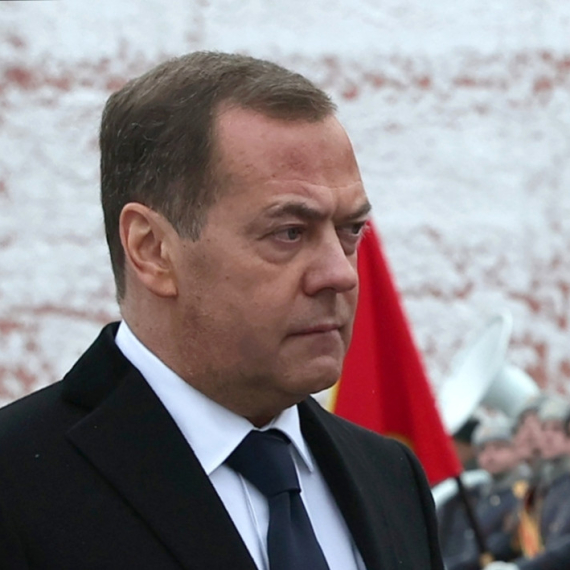


































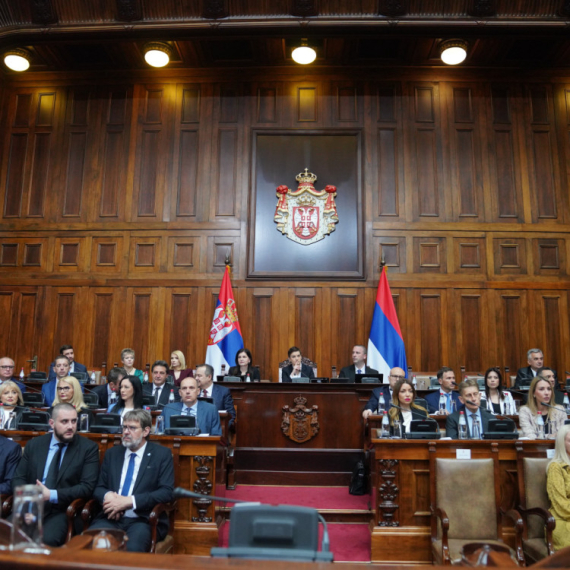

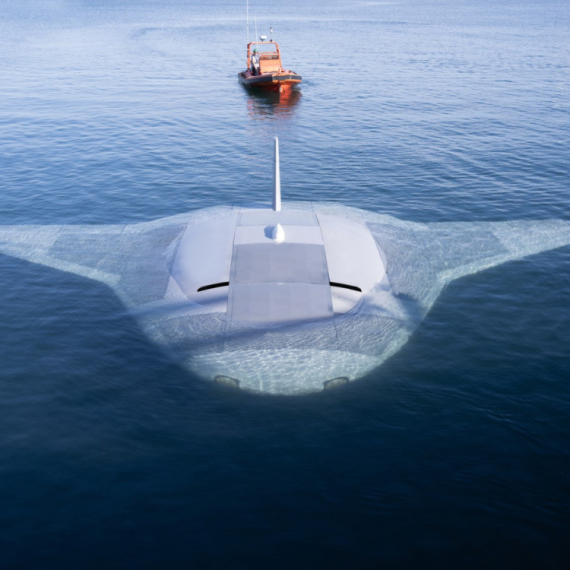


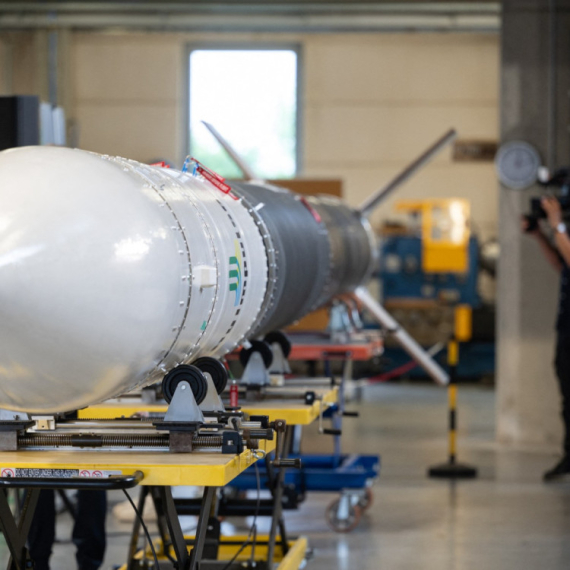








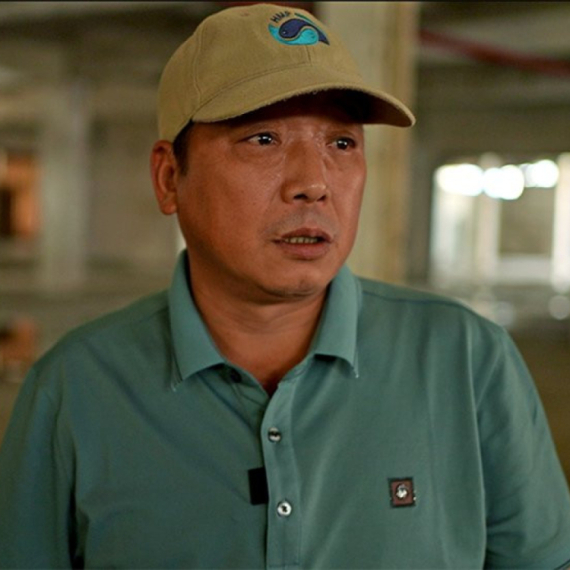



Komentari 2
Pogledaj komentare